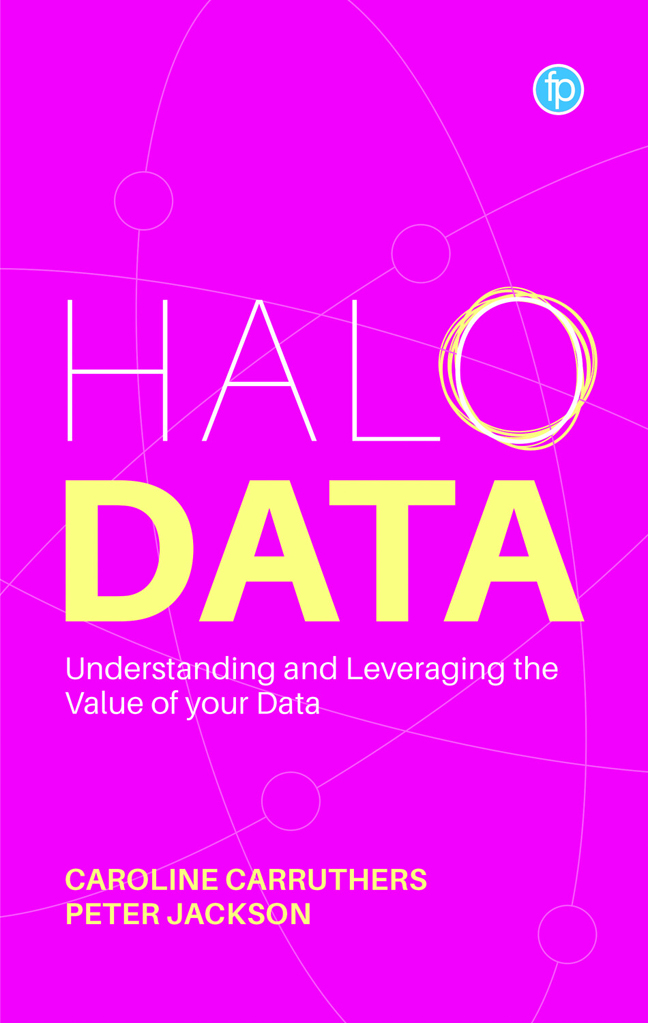Book contents
- Frontmatter
- Dedication
- Contents
- Figures and Tables
- About the Authors
- Acknowledgements
- Introduction
- 1 Who Owns the Definitions and Terms about Data?
- 2 What is Metadata?
- 3 Other Ideas of Data Value and Monetisation
- 4 Value from a Different Source
- 5 Hello Halo Data
- 6 Getting to Know Halo Data
- 7 Early Examples of Halo Data Approaches
- 8 Halo Data and Data Ethics
- 9 Halo Data Framework
- 10 Halo Data Applied Risk Assessment, Regulation, Customer, the Citizen
- 11 Halo Data and Storytelling
- Conclusion
- Index
9 - Halo Data Framework
Published online by Cambridge University Press: 17 December 2023
- Frontmatter
- Dedication
- Contents
- Figures and Tables
- About the Authors
- Acknowledgements
- Introduction
- 1 Who Owns the Definitions and Terms about Data?
- 2 What is Metadata?
- 3 Other Ideas of Data Value and Monetisation
- 4 Value from a Different Source
- 5 Hello Halo Data
- 6 Getting to Know Halo Data
- 7 Early Examples of Halo Data Approaches
- 8 Halo Data and Data Ethics
- 9 Halo Data Framework
- 10 Halo Data Applied Risk Assessment, Regulation, Customer, the Citizen
- 11 Halo Data and Storytelling
- Conclusion
- Index
Summary
There is no point in all of the theory and explanations that we have covered so far if we can't put them into practical application. We began by saying that we are interested in solving problems and problems aren't solved by inaction. Without a focus on understanding, managing and using your data you will never be able to properly use the power of data to transform your organisation.
It can be really hard to decide what is the right thing to do next, or where to start. This could be a massive understatement in the current data and business environment where things are happening at such a fast pace. Where do you go first, what do you need to do first? Organisations that aren't constantly looking to improve, reinvent themselves or even just look at themselves will only slide backwards against increasingly competitive markets. The technology that we use around data, the science, the art and the processes involved are constantly changing at an astonishing rate. We need to make sure that we’re not just keeping pace with everybody else, but that what we’re doing is using data to keep us at the forefront of where we want to be. The drive for organisations to digitally transform and the radical rethinking on how enterprises want to use data are boosting how much they can change. It is happening at such a dizzying pace. The drive for agile thinking leads us on to more than just an agile project, but an agile way of life. Remember, it isn't just good enough to give people faster horses; in what we’re trying to do we need to really think about the end goal, and to make sure that we achieve it.
At the heart of thinking how your organisation will change itself for the better, or radically rethink its digital and technology capability, you need to think about the data first. Ultimately, the success of any kind of digital transformation demands three very critical elements: people, data and process. In all these things we need to have a high degree of trust so as to be able to move forward.
Data is a business problem, so it's a business problem to solve.
- Type
- Chapter
- Information
- Halo DataUnderstanding and Leveraging the Value of your Data, pp. 89 - 130Publisher: FacetPrint publication year: 2023

